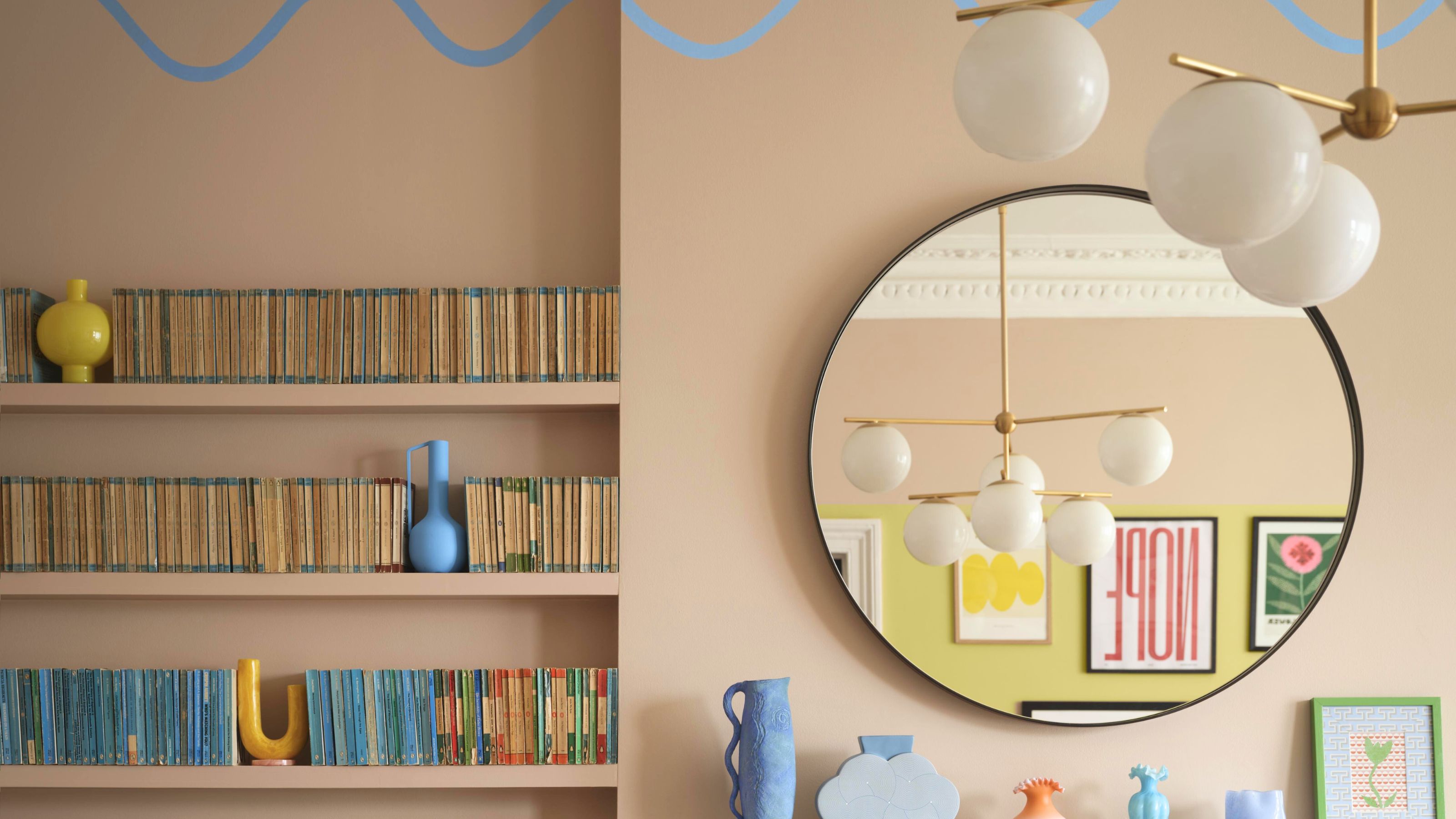
Exterior metalwork is an essential component of period homes across the country, but is especially common in large cities with period housing stock from the eighteenth and nineteenth centuries. Residents of London, Bristol, and Edinburgh will be particularly familiar with the exquisite iron railings, balustrades, gratings, and metal staircases that frame brick houses built in the Georgian, Victorian, and Edwardian eras.
Exterior metalwork that has been well preserved can be spruced up by repainting; however, this isn’t always possible, depending on the level of weather exposure and neglect that these period features have suffered over the years. New home owners moving into period properties that require exterior work can be faced with the decision to replace exterior metalwork altogether.
Which style of metalwork do you need?
If, having assessed the state of your exterior metal work, you have come to the conclusion that a replacement is needed, you will need to proceed carefully. Many properties that include decorative metalwork are grade listed, or sit within conservation areas, or both, and therefore any alteration to the exterior of the property will require planning permission. If granted, the conditions of the planning permission will require you to match the existing metalwork as closely as possible, which is why it’s important to know the age of your property, and the style of metalwork you’ll be looking for.
As a general rule, the more ornate metalwork usually belongs to the Victorian era, while simpler, more austere styles usually indicate that the building is Georgian. If you are unsure of the period your house belongs to, consult the Land Registry. Moreover, there’s a lot of local variation to how metalwork was manufactured and styled, so it may well be worth taking a walk around your area to get an idea of what exterior metalwork has been installed at similar properties.
How to find the right metalwork manufacturer
Once you know what type of metalwork you’re looking for, do your research on available manufacturers. Ideally, you’ll want a specialist manufacturer able to produce completely customised metalwork, with a deep understanding for the original materials and manufacturing methods.
British Spirals & Castings offer a cast iron shop containing a wide variety of railing elements and gratings which can be filtered by design, age and dimensions making it easy to find what you need. They also make completely bespoke cast railing elements – or full cast and wrought iron railings and balustrades using a sample or the evidence from your research.
What materials will be used to replace my metalwork?
For many conservation properties it will be necessary to use the same materials as the original (typically wrought or cast iron), but in some cases it may be possible to use cast aluminium. This can be particularly beneficial for basement staircases as the material is virtually indistinguishable from cast iron but is around one-third of the weight and has the same strength capabilities. This can remove the need to add new foundations, and can strengthen existing ones. British Spirals & Castings offer a wide range of bespoke spiral staircases and other stair designs and can customise these to the precise dimensions you require – ensuring a perfect finished effect.
Join our newsletter
Get small space home decor ideas, celeb inspiration, DIY tips and more, straight to your inbox!
Real Homes is committed to sharing the best advice on everything from renovating your home to what products to fill it with. From DIY how tos, to ideas galleries and reviews Real Homes offers knowledge and expertise to help you do what you need to do, in a way that hopefully makes the process fun and easy. Our sponsored content is not an editorial endorsement, but allows you to connect with brands to assist your home renovation journey and alerts you to products you may not have known about before.
-
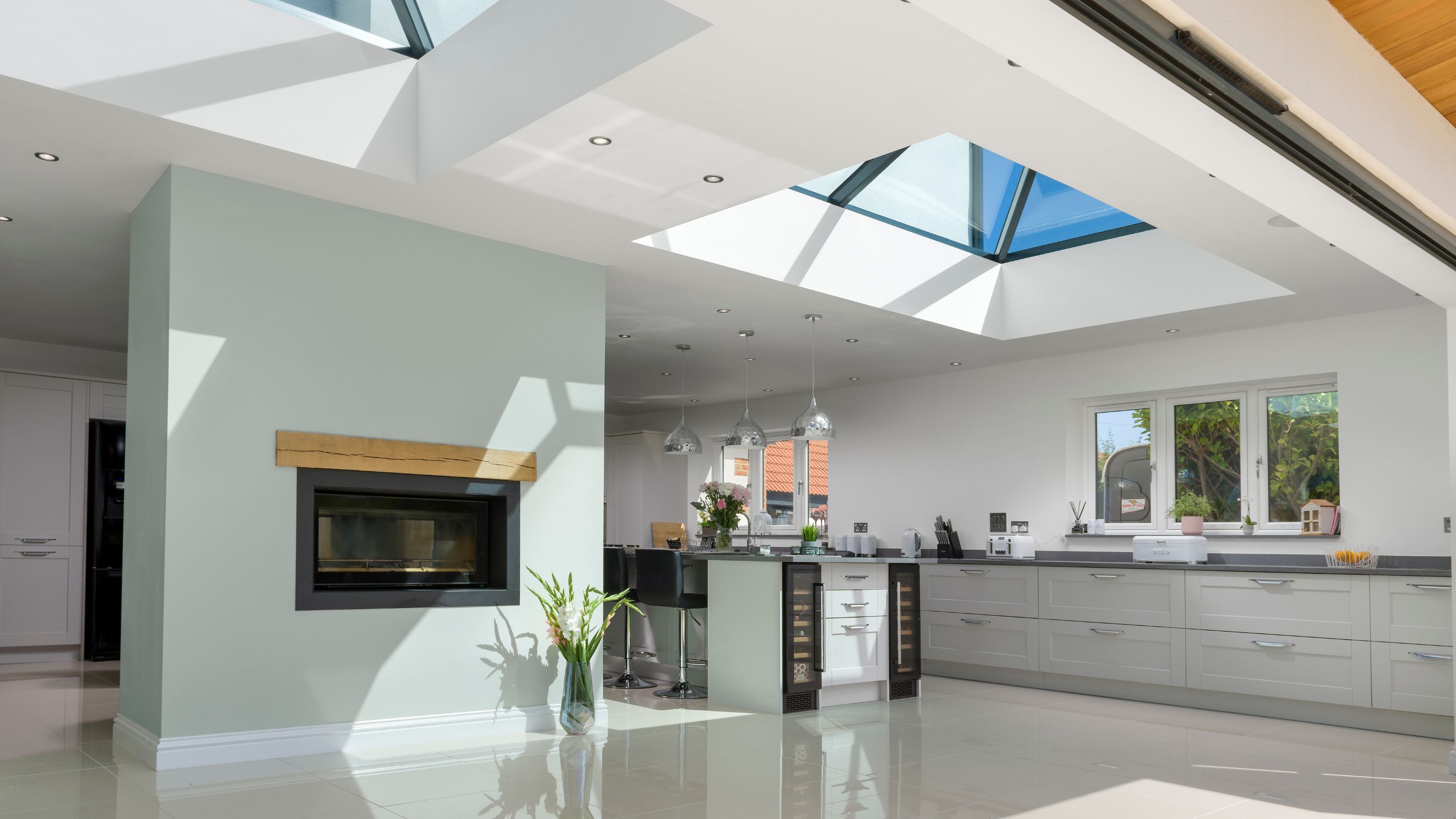 Door and roof ideas from Korniche to get your home lookin' its brightest
Door and roof ideas from Korniche to get your home lookin' its brightestMake the most of natural light with these bi-fold door and roof light products from the Korniche aluminium experts — and have your home looking bright and beautiful in no time
By Sponsored Published
-
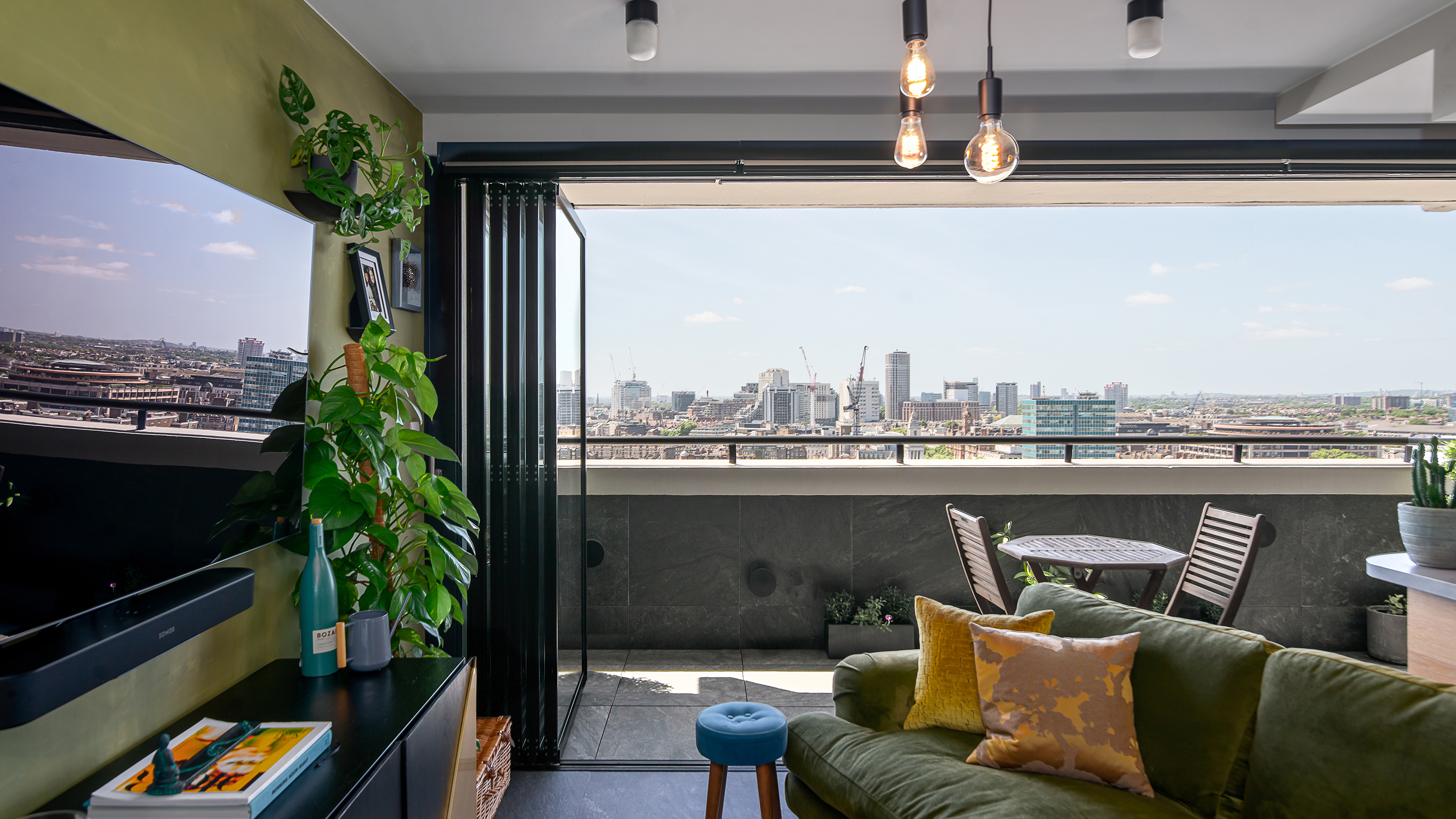 No need to choose between bi-fold or sliding doors — a third option *does* exist
No need to choose between bi-fold or sliding doors — a third option *does* existThis new innovative choice combines the benefits of bi-fold and sliding doors
By Sponsored Published
-
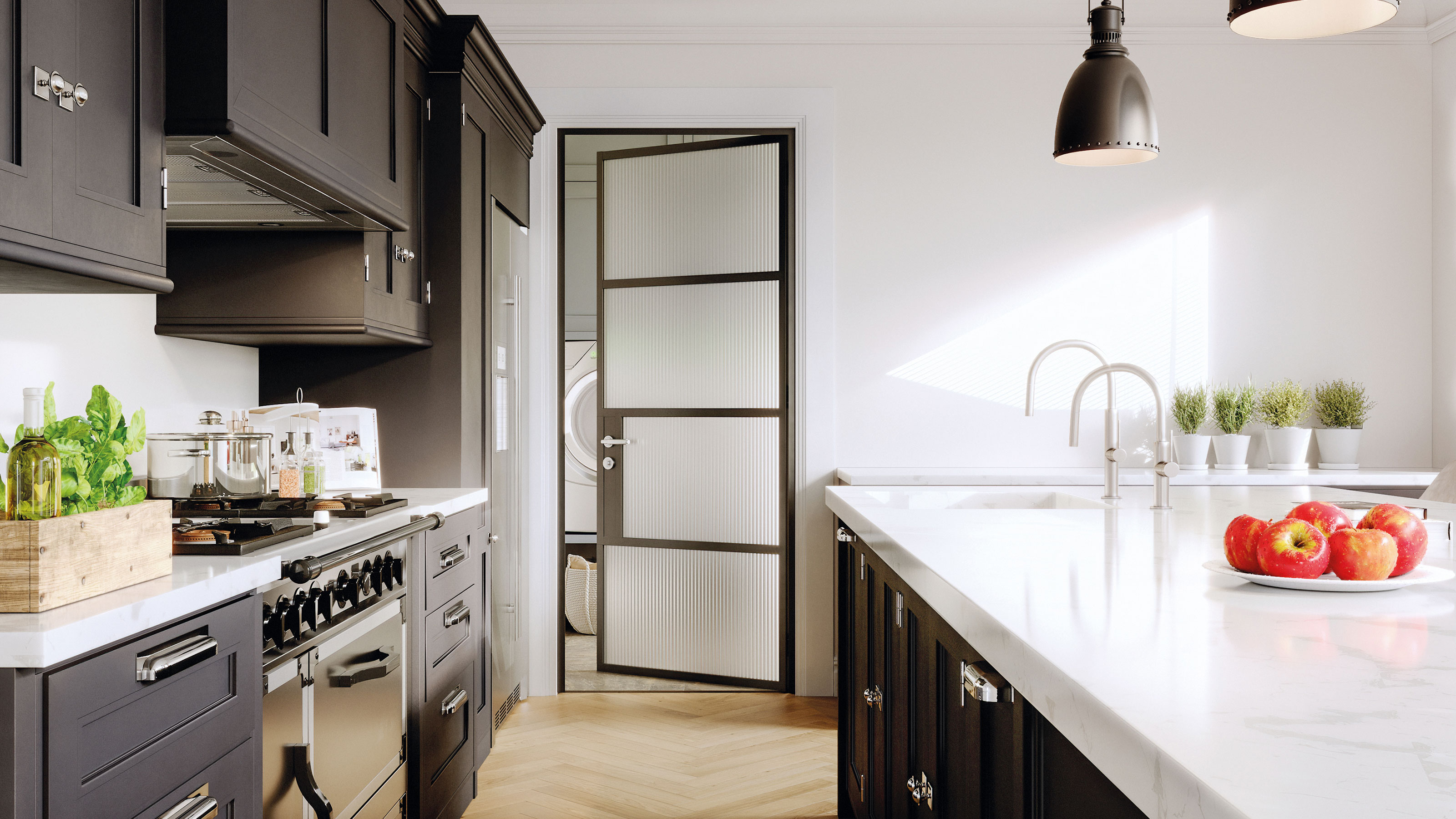 5 ways glazed internal doors can transform your space
5 ways glazed internal doors can transform your spaceBy Sponsored Published
-
 Add a personal touch with photo art
Add a personal touch with photo artTransform your child’s room with their favourite family images
By Sponsored Published
-
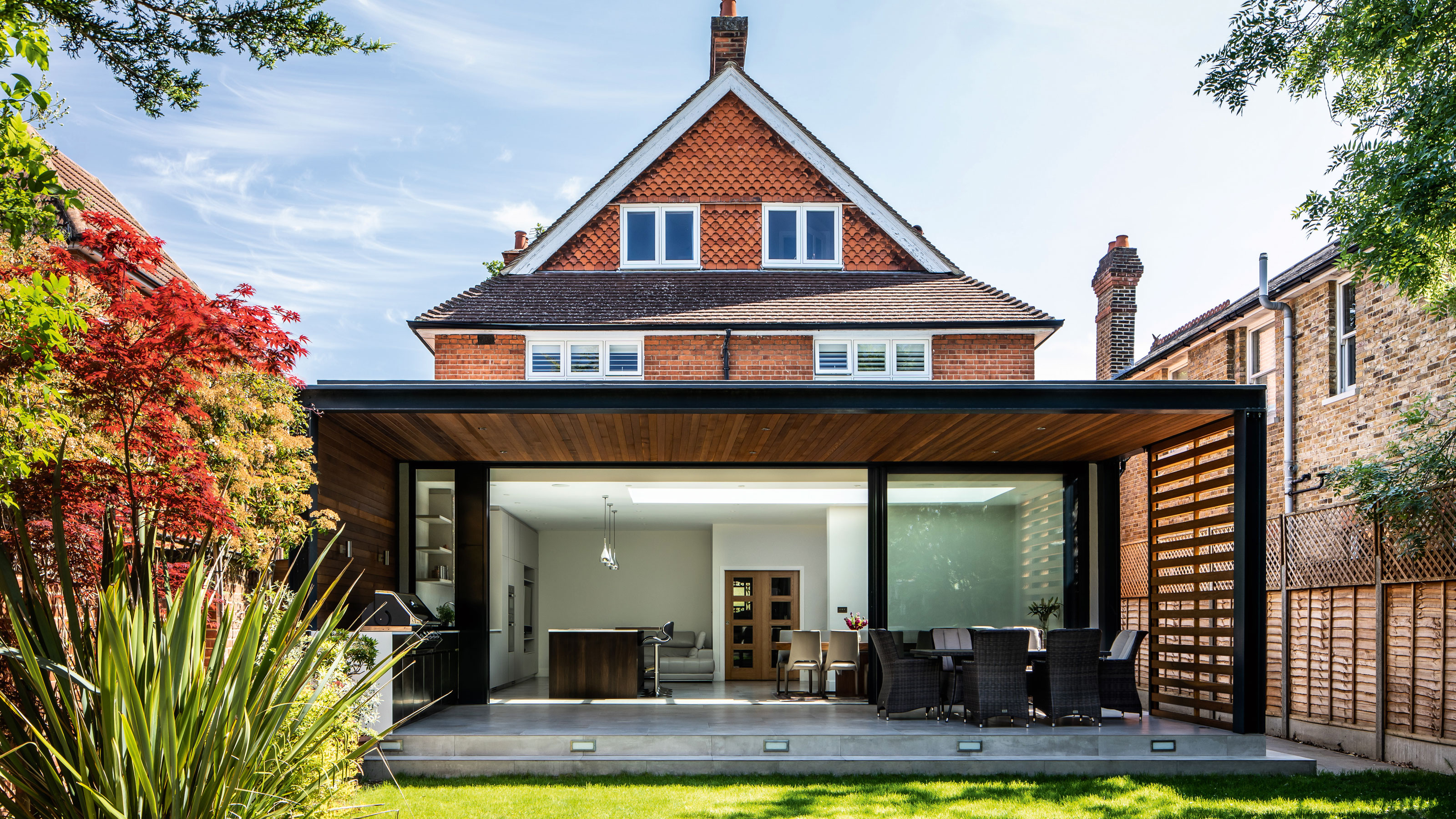 Improve your views with Sunflex sliding doors
Improve your views with Sunflex sliding doorsStriking expanses of glass from Sunflex make the most of garden links
By Sponsored Published
-
 Turning your TV into a piece of wall art
Turning your TV into a piece of wall artIs it a TV or a work of art? With The Frame you won’t be able to tell the difference.
By Sponsored Last updated
-
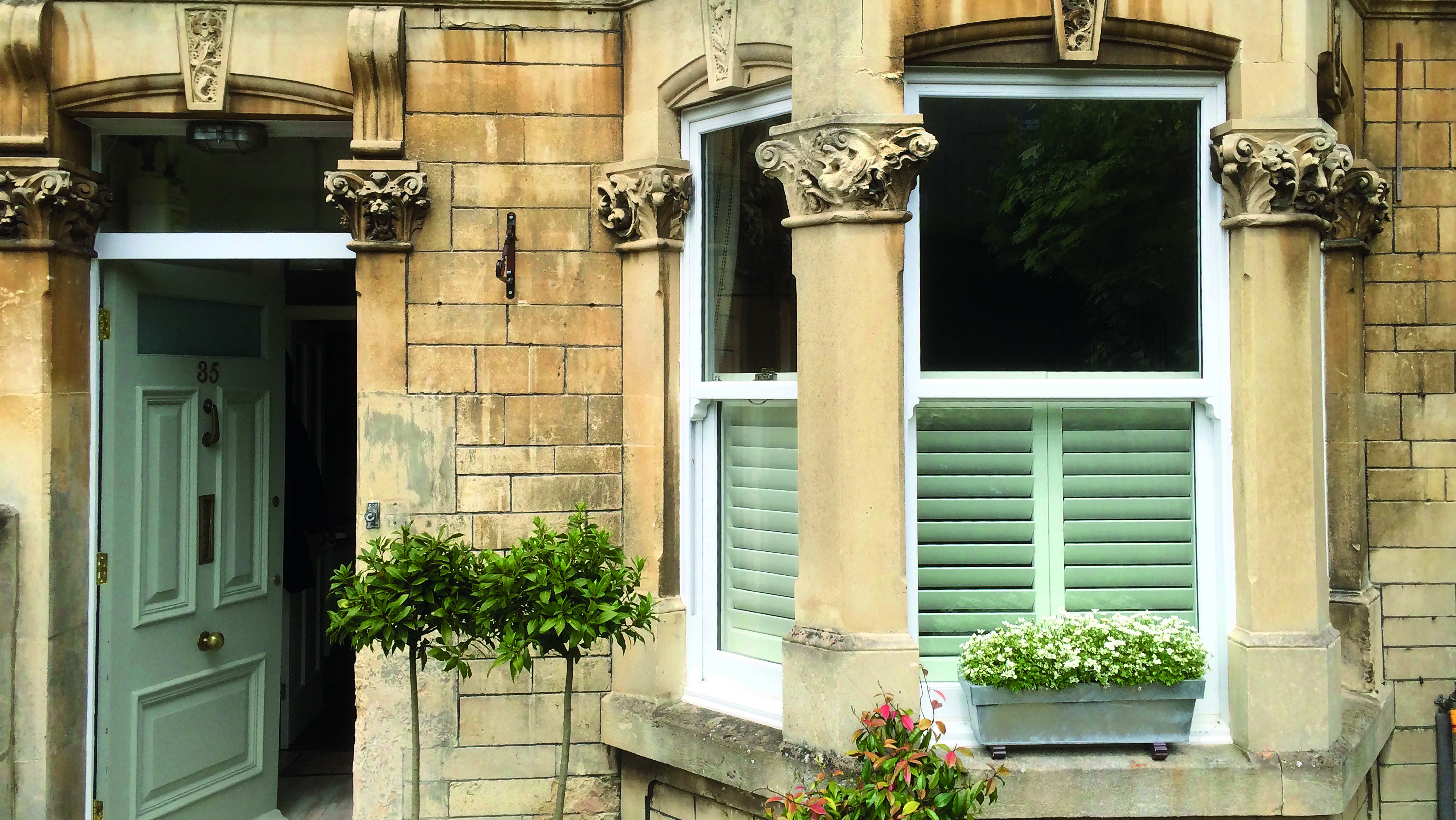 Shuttercraft shutters can give you privacy, while still letting in the light – here's why they're a summer essential
Shuttercraft shutters can give you privacy, while still letting in the light – here's why they're a summer essentialHow Shuttercraft can help keep your home cool this summer
By Sponsored Published
-
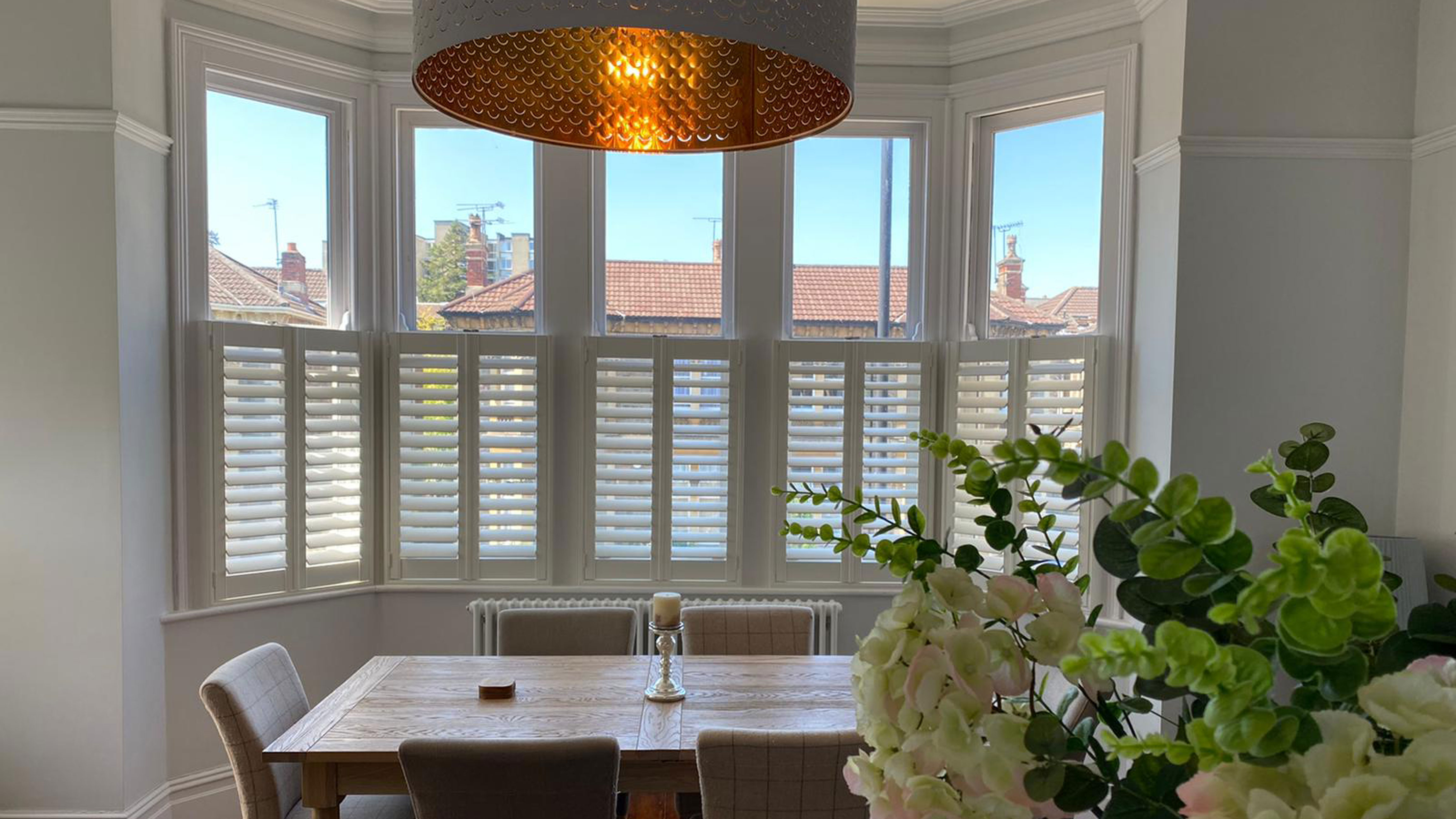 Having shutters can help you sleep better – here are 5 more reasons you should buy from Shuttercraft
Having shutters can help you sleep better – here are 5 more reasons you should buy from ShuttercraftNot just because they are stylish...
By Sponsored Published
